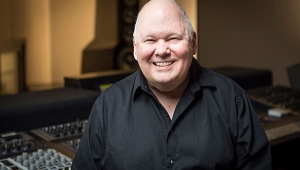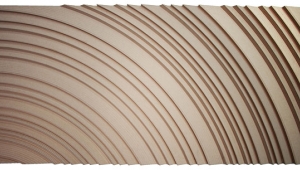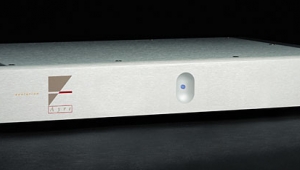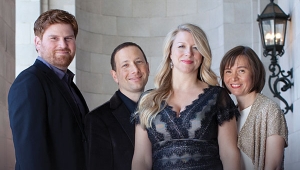| Columns Retired Columns & Blogs |
The Fifth Element #28 Letters
Letters
Editor: In the future Mr. Marks should write only about those things of which he has any knowledge. As demonstrated by his February, 2005 column, his realm of studies never included atmospheric science or climatology. Specifically, to call global warming "junk science" only illustrates his absolute ignorance on the subject.
Global warming has been around Earth since its very creation, and the very existence of it allows Mr. Marks to live and breath on this planet today. Moreover, the Climatic Optimum of which he writes in his article was partially triggered by, and is known to modern scientists in part through, this very same phenomena. While the extent to which human behavior has permanently altered the evolution of planetary climate is still being debated, the bulk of peer-reviewed literature on the subject indicates that anthropogenic inputs and human activities have altered global weather phenomena.
Two perfect examples are the desertification of North Africa and the more recent Dust Bowl in North America, both brought on partially via poor farming practice, including slash/burn techniques. When the future Dr. Marks completes his dissertation in the field his comments on Man's influence on global warming will be warranted. Until such time, parading his paucity of understanding of the subject should be minimized lest he come off as ignorant and insulting. Stick to audio, Mr. Marks; the only global warming junk science in Stereophile is what you write.—David A. Jaffe, PhD
dajaffe@sbcglobal.net
I did not intend to convey that all of the science and all of the claims in the area of global warming are junk. However, I am quite confident that, just as the case with "nuclear winter" and "secondhand tobacco smoke," many of the more extreme claims about global warming are unsupported by credible evidence, and tainted by faulty reasoning and outright bias.
My degree is in law, technically it is a doctorate. And I have been a co-author of peer-reviewed publications. I have not only studied the rules of evidence, but applied them in the courtroom, specifically with regard to the threshold of professional acceptance of scientific tests and diagnostic procedures, such a thermographic imaging. But even as an educated layperson, when I read that a computer simulation relied upon for a certain conclusion about the future, cannot retrospectively "predict" weather over the 20th century, well, my BS detector goes off.
Readers who want an eye-opening survey of the extent to which normal scientific procedures and values have been perverted by pressure-group power plays are well advised to read Michael Crichton's Michelin Lecture, delivered at Cal Tech and available here.—John Marks
- Log in or register to post comments




































